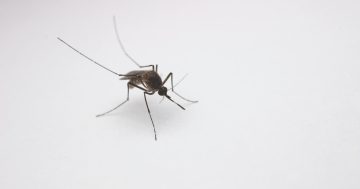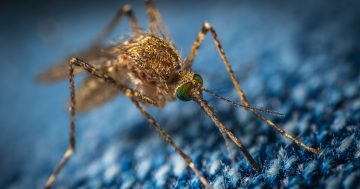 The Department of Primary Industries and Regional Development (DPIRD) says the tick-borne disease ‘ehrlichiosis’ has been detected in a small number of dogs in the Kimberley region.
The Department of Primary Industries and Regional Development (DPIRD) says the tick-borne disease ‘ehrlichiosis’ has been detected in a small number of dogs in the Kimberley region.
Chief Veterinary Officer at the Department, Michelle Rodan said the bacteria Ehrlichia canis (E. canis), which caused the disease in dogs, had been confirmed through laboratory testing by the Australian Centre for Disease Preparedness.
“The affected dogs, in Halls Creek and Kununurra, have been treated by a private veterinarian and the Department is maintaining contact with that veterinarian and the dog owners,” Dr Rodan said.
“Ehrlichiosis occurs worldwide, particularly in tropical and sub-tropical regions, but this is the first time it has been confirmed in dogs in Australia that have not been imported.”
She said the disease cannot be directly passed from infected dogs to other dogs or humans.
“The National Consultative Committee of Emergency Animal Diseases has met to discuss response measures, which includes further surveillance to determine the distribution of E. canis,” Dr Rodan said.
“The DPIRD has introduced containment measures which will apply to the movement of dogs out of the Kimberley, under the Exotic Diseases of Animals Act 1993.”
She said any dogs moving out of the Kimberley region must be clinically healthy and have had a tick treatment applied.
“We will work closely with local private veterinarians, dog owners and community groups to implement these new measures,” Dr Rodan said.
She said signs of infection could include fever, lethargy, enlarged lymph nodes, loss of appetite, weight loss and bleeding disorders.











